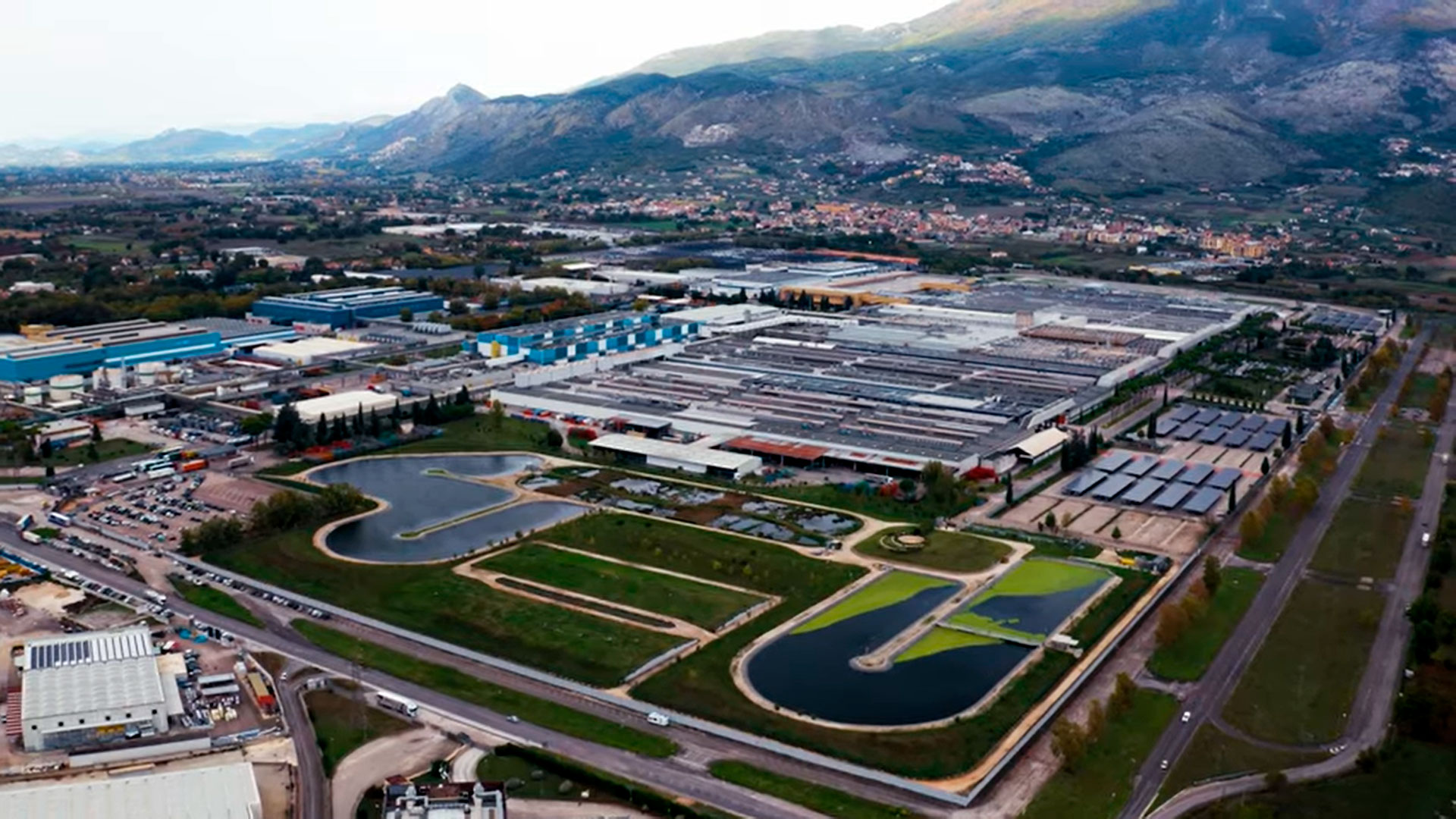A groundbreaking ceremony has been held for a new electric vehicle (EV) battery giga factory in Kokomo, Indiana. The project is developed by Stellantis in collaboration with Samsung. This joint venture represents a sizable investment in the American EV market and reflects the rising demand for electric vehicles.
In May 2022, Stellantis and Samsung SDI announced their joint venture and their intention to invest more than $2.5 billion in it. Additionally, the amount dedicated to environmentally friendly transportation might rise over time to $3.1 billion.
Expectations for the new electric vehicle (EV) battery giga factory in Kokomo
The (EV) battery giga factory in Kokomo is scheduled to open in Q1 2025. It will have a 23 gigawatt-hour annual production capacity (GWh). In the upcoming years, the companies intend to increase this capacity to 33 GWh.
Also Read: Eleven Park in Indiana to break ground this May
Battery modules will be provided by the factory for a variety of cars made at Stellantis’ North American assembly plants. In addition, the facility will help the shift to more environmentally friendly transportation options. It will also generate jobs and stimulate the local economy.
Investments like this joint venture will be essential in determining the future of the automotive sector. This is especially as the demand for electric vehicles increases.
The road to adaptability of electric-powered vehicles
The (EV) battery giga factory in Kokomo, which will be run by a joint venture, is the latest in a string of tens of billions of dollars pledged by automakers in recent years for the manufacture of electric vehicles and the batteries that power them here in the United States.
Five battery plants, or gigafactories, in Europe and North America were previously planned by Stellantis. Stellantis and LG Energy Solution announced in March that they would contribute $4.1 billion to a Canadian joint venture plant that would go into operation in 2024.

